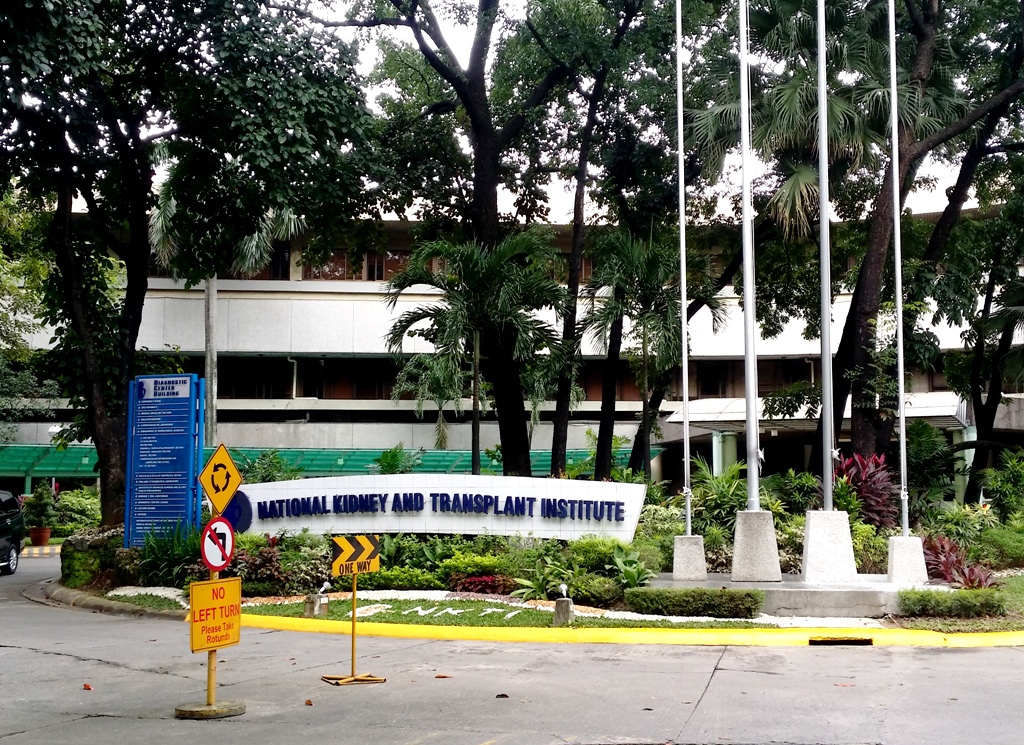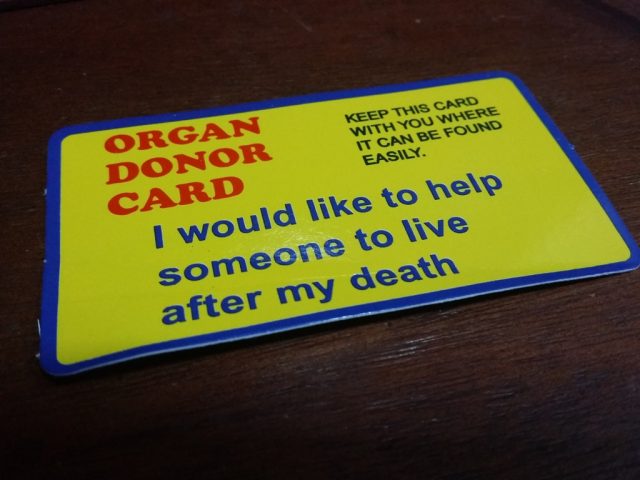“One Filipino dies from kidney failure every hour,” lamented Dra. Romina Danguilan, Organizing Committee Head of REGALO Organ Donation Advocacy, a coalition that aims to increase awareness on kidney transplantation and encourage Filipinos to be organ donors.
Danguilan, who also heads the Medical Education and Research Department of the National Kidney Institute (NKTI), further revealed during a press conference in June: “In 2015, there were more than 18, 000 new patients who started dialysis. Here in NKTI, we start about 100 new patients on dialysis every month. At the end of 2015, there were about 32, 000 patients—both starting and currently undergoing the treatment—all over the country.”
Citing data from the Philippine Renal Disease Registry, Danguilan said that since the year 2000, the number of new patients increases by about 15% every year; and that the primary cause of renal disease is diabetes and hypertension, both of which are lifestyle diseases.
Dialysis is the only treatment for those with end-stage renal disease (ESRD). Once diagnosed with the said condition, the patient has to permanently undergo either hemodialysis or peritoneal dialysis.
According to REGALO, the cost of hemodialysis per patient per year is Php405,600; while peritoneal dialysis costs Php 279,180.
“We consider that peritoneal dialysis and hemodialysis are just a bridge because the best treatment for kidney failure is kidney transplantation,” Danguilan said.
While kidney transplantation can provide the best quality of life for an ESRD patient, the number of living and deceased donors remains low in number.
“In 2015, there were 18,000 or so patients who started dialysis, yet there were only about 495 patients who had a kidney transplant,” Danguilan shared.
The gift of organ donation
With this, REGALO and its founding groups including Maria Corazon Torres Y Javier (MCTJ) Foundation, Kidney Foundation of the Philippines (KFP), Kidney Transplant Association of the Philippines (KITAP), and Novartis Healthcare Philippines, together with NKTI is urging Filipinos to sign a donor card or be a living donor.
“We have a donor card. If you sign it, it signifies that if anything happens to you and the doctor sees that card, they would know that it is your wish for your organs to be donated. It is also important to share your decision. You must tell your immediate next of kin that you want your organs to be donated to whoever may need it,” Danguilan shared and advised to always carry it.
She also underscored that being a living donor is safe. Citing data from the U.S., Danguilan shared that the 15-year incidence of kidney failure is less than 1% in kidney donors.
“Another study in NKTI shows that out of 4,000 donors, only two have developed kidney failures. The risk is very small, and we take care of our donors and recipients very well to make sure that nothing happens to them, and that we protect their kidneys,” she further said.
On a national level, the Department of Health (DOH) is equipping building in different hospitals around the country in handling kidney transplant procedures.
“We are now building on the capabilities of more or less 24 of our government hospitals across the country so that they can provide kidney transplant services,” DOH Secretary Paulyn Jena Rosell-Ubial said at the press conference.
“It’s not only in NKTI where kidney transplants can be done. Currently, we have 21 government and private hospitals [that can do the procedure], but what we want is to increase it to 24 government hospitals across the 18 regions of the country,” she added.

Kidney wellness tips
The health officials also suggested ways on how the public can take care of their kidneys. According to Dr. Ubial, “Prevention is living healthy lifestyle, proper diet, exercise; and ensuring that you have a check up and tests including urinalysis, blood pressure taking, and fasting blood sugar.”
Exercising for at least 30 minutes every day or every other day is encouraged.
Other tips include drinking at least 6 to 8 glasses of water a day; going easy on one’s salt intake as this could cause sodium imbalance that reduces kidney function as well as cause hypertension; and having a well-balanced diet with a lot of leafy greens and the recommended amount of proteins.
Living a healthy lifestyle starts at childhood, noted Dr. Victor Doctor, Immediate Past President of the Philippine Society of Nephrology Inc. He said, “Hypertension and diabetes actually starts at childhood. We tend to think of the abusive lifestyle of adults, but we also have to encourage children to have a healthy lifestyle. Don’t let them gain too much weight so that they won’t have hypertension or diabetes when they reach adulthood. Encourage them to get out and have some physical activity.”
To learn more about NKTI and its services and programs, click here.











